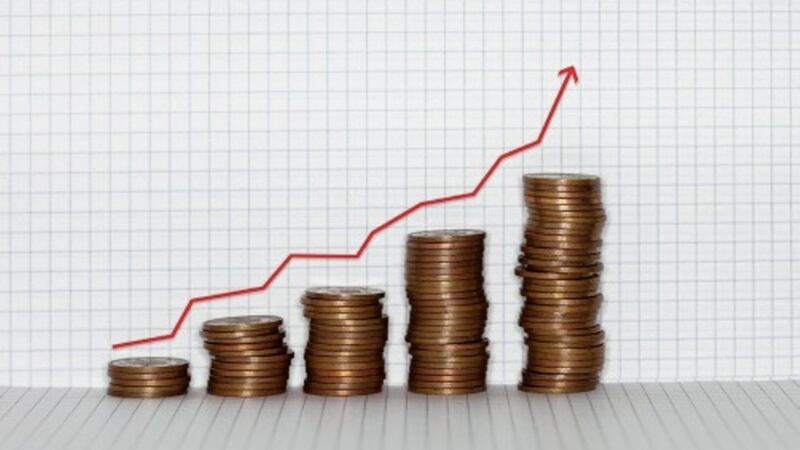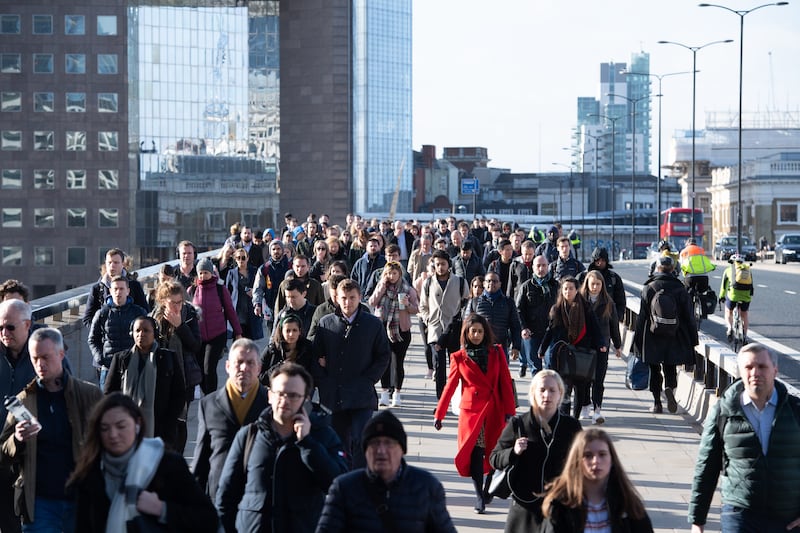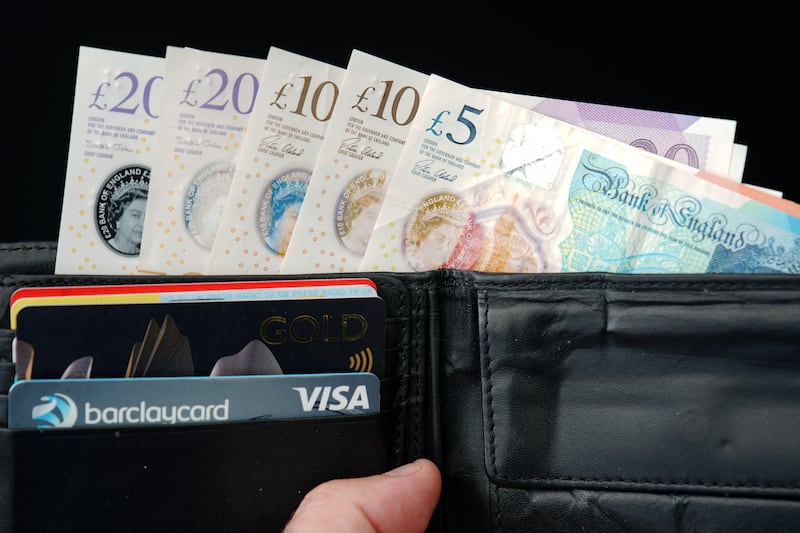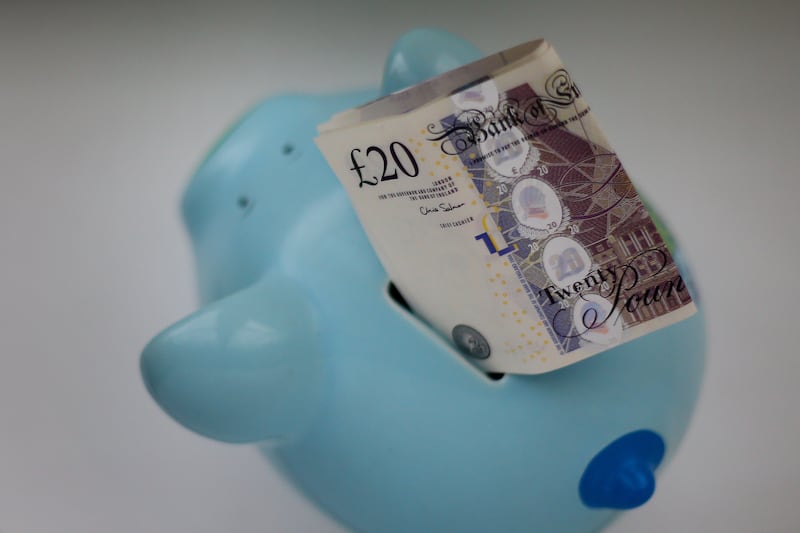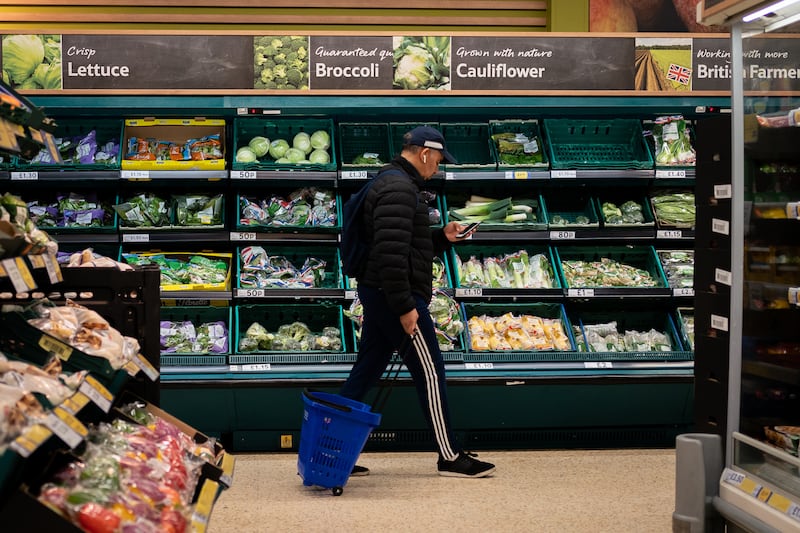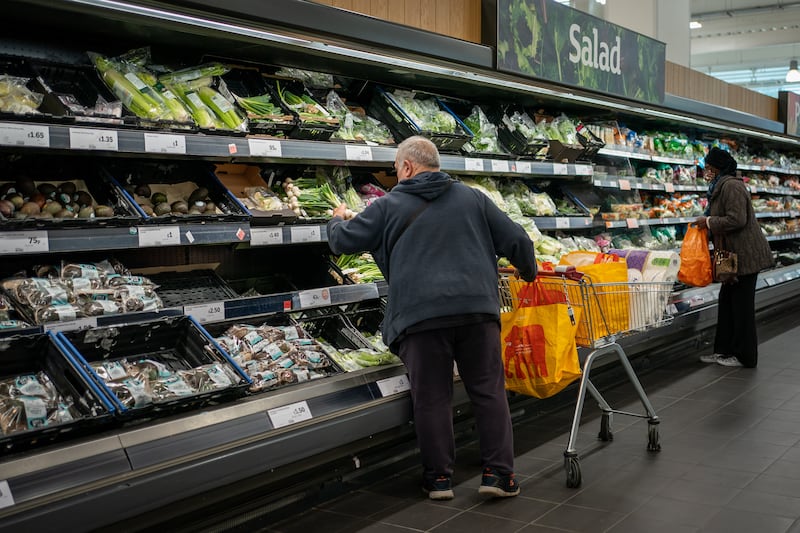INFLATION has jumped to its highest levels in almost six years with one local economist predicting it will continue to outpace wage growth for the rest of the decade.
Figures released by the Office for National Statistics (ONS) yesterday show the Consumer Prices Index (CPI) rose to 3.1 per cent in November, up from 3 per cent in October.
Economists had expected the rate to remain steady for a third consecutive month, but instead it has climbed to the highest level recorded since March 2012.
The outcome means Bank of England Governor Mark Carney must pen a letter to Chancellor Philip Hammond outlining the reason behind inflation's rapid rise. The Government has set a CPI target of 2 per cent, with protocol dictating that the Bank must contact Mr Hammond if inflation exceeds 3 per cent or falls short of 1 per cent.
The lion's share of the upward pressure came from air fares, which recorded a smaller drop between October and November at 10.4 per cent, compared with a 13.4 per cent fall over the period last year.
Computer games prices were also boosting everyday costs, as games, toys and hobbies lifted 3.7 per cent on an annual basis in November.
On the month, prices climbed by 2.2 per cent, compared with 0.7 per cent growth last year.
Food and non-alcoholic drinks prices pushed higher, picking up by 0.6 per cent month on month in contrast to a 0.5 per cent lift for the period in 2016.
Motorists were also facing higher fuel costs in November, with petrol up by 1.8p per litre month on month to 119.1p, and diesel rising by 2.3p a litre to 122.8p.
Danske Bank economist Conor Lambe highlighted the sharp increase in the inflation rate over the past 12 months.
"In November 2016, it stood at 1.2 per cent," he said.
“Looking forward, inflation is not expected to rise too much higher than its current rate. But with the rate of price growth still above the rate of wage growth, the consumer squeeze is likely to continue holding back economic growth in Northern Ireland and the rest of the UK as we move into the new year.”
Ulster University Economic Policy Centre economist Jordan Buchanan believes inflation will continue to outstrip wage growth until 2020 at least.
"The Ulster University Economic Policy Centre forecast is that UK consumer price inflation is likely to continue to outpace wage growth for the rest of this decade," he said.
Retail NI chief executive Glyn Roberts added that the rise will be a "cause for concern" for consumers and retailers ahead of Christmas.
The Retail Prices Index (RPI), a separate measure of inflation, was 3.9 per cent last month, down from 4 per cent the month before.
The Consumer Prices Index including owner-occupiers' housing costs (CPIH) - the ONS' preferred measure of inflation - was 2.8 per cent in November, unchanged from October.
